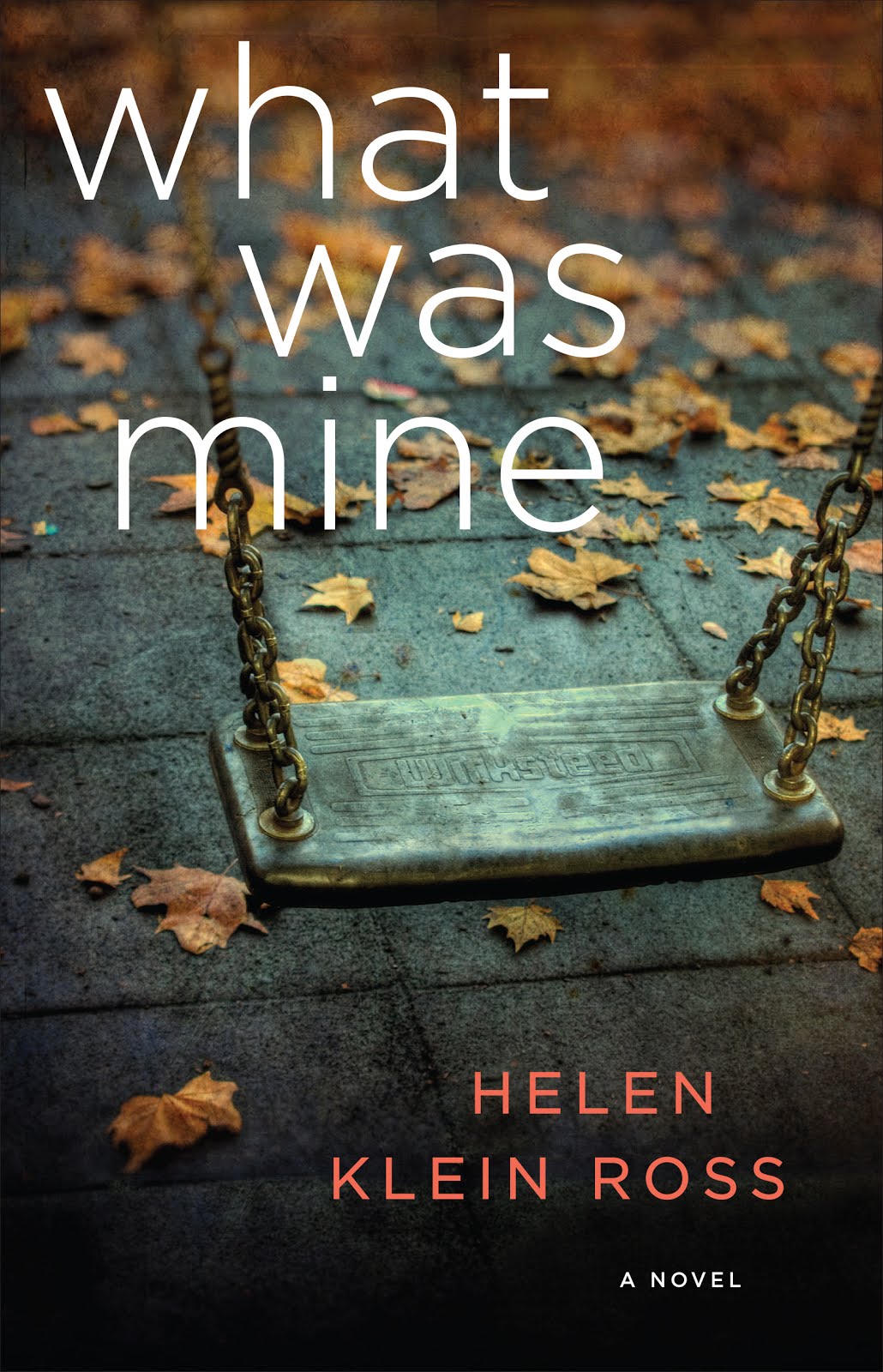RIP Steve Frankfurt, a real-life Mad Man who helped transform television advertising from the talking-head medium it was in the 1950s when radio scripts were simply read to camera to the creative playground it became in the 1960s. He joined Young & Rubicam's television department in 1957, straight out of college when most of advertising's revenues came from print and no one quite knew what to do with TV. Because of this, "kids" like Frankfurt were given a lot of freedom.
"Television was a toy then," Frankfurt said in 1983 when he was inducted into the Art Directors Hall of Fame. He became a leader in making use of all aspects of the medium: he used the of a beating heart for Excederin ads and a strobe-lightlike effect for Band-Aids. He broke another boundary when he became president of Y&R at age 36--top ad agency execs in those days were usually plucked from the ranks of account executives or copywriters.
A New York Times article announcing his promotion in 1968 noted he kept his office on the creative floor, not the "sixth, top management's bailiwick." He spread his talent to Hollywood where he was hired by producers to create title sequences for films including Rosemary's Baby and To Kill a Mockingbird.
In 1965, the BBC profiled him in a documentary series called Insights into the Lives of Individual Americans. He was billed as "The Quiet Persuader."
Here's the footage, kindly posted on youtube by Steve Emmerling, a former Y&R copywriter. It's a wealth of 60s styling details like closets hidden behind wallpaper, wrought ironed balconies, pipe-smoking in offices and men sitting around conference room tables as secretary discreetly serves each freshly brewed coffee in cup and saucer and Don Draper-esque men in three piece suits say things like "We need something pictorially to symbolize fresh!"
Wednesday, October 3, 2012
Tuesday, October 2, 2012
how to get a book deal
1. Write something that isn't advertising.
2. Trash it.
3. Repeat.
4. Daily. For years.
5. Assemble 65,000 words you don't hate.
6. Spell check.
7. Spell check.
8. Describe #5 in a sentence. The most important product copy you'll ever write.
9. Embed #8 in a letter to a few excellent agents.
10. Spell check.
11. Repeat #9 and #10 until someone is kind enough to request #5.
12. Wait.
12. Wait.
12. Wait.
13. Realize that timelines in Publishing are way different than in Advertising.
14. Discover the five stages of rejection.
15. Repeat #14.
16. Until, one day, to your astonishment, an agent falls in love with your work.
17. Which makes you fall in love with the agent.
18. Happily, she'll take it from here.
2. Trash it.
3. Repeat.
4. Daily. For years.
5. Assemble 65,000 words you don't hate.
6. Spell check.
7. Spell check.
8. Describe #5 in a sentence. The most important product copy you'll ever write.
9. Embed #8 in a letter to a few excellent agents.
10. Spell check.
11. Repeat #9 and #10 until someone is kind enough to request #5.
12. Wait.
12. Wait.
12. Wait.
13. Realize that timelines in Publishing are way different than in Advertising.
14. Discover the five stages of rejection.
15. Repeat #14.
16. Until, one day, to your astonishment, an agent falls in love with your work.
17. Which makes you fall in love with the agent.
18. Happily, she'll take it from here.
Subscribe to:
Posts (Atom)














